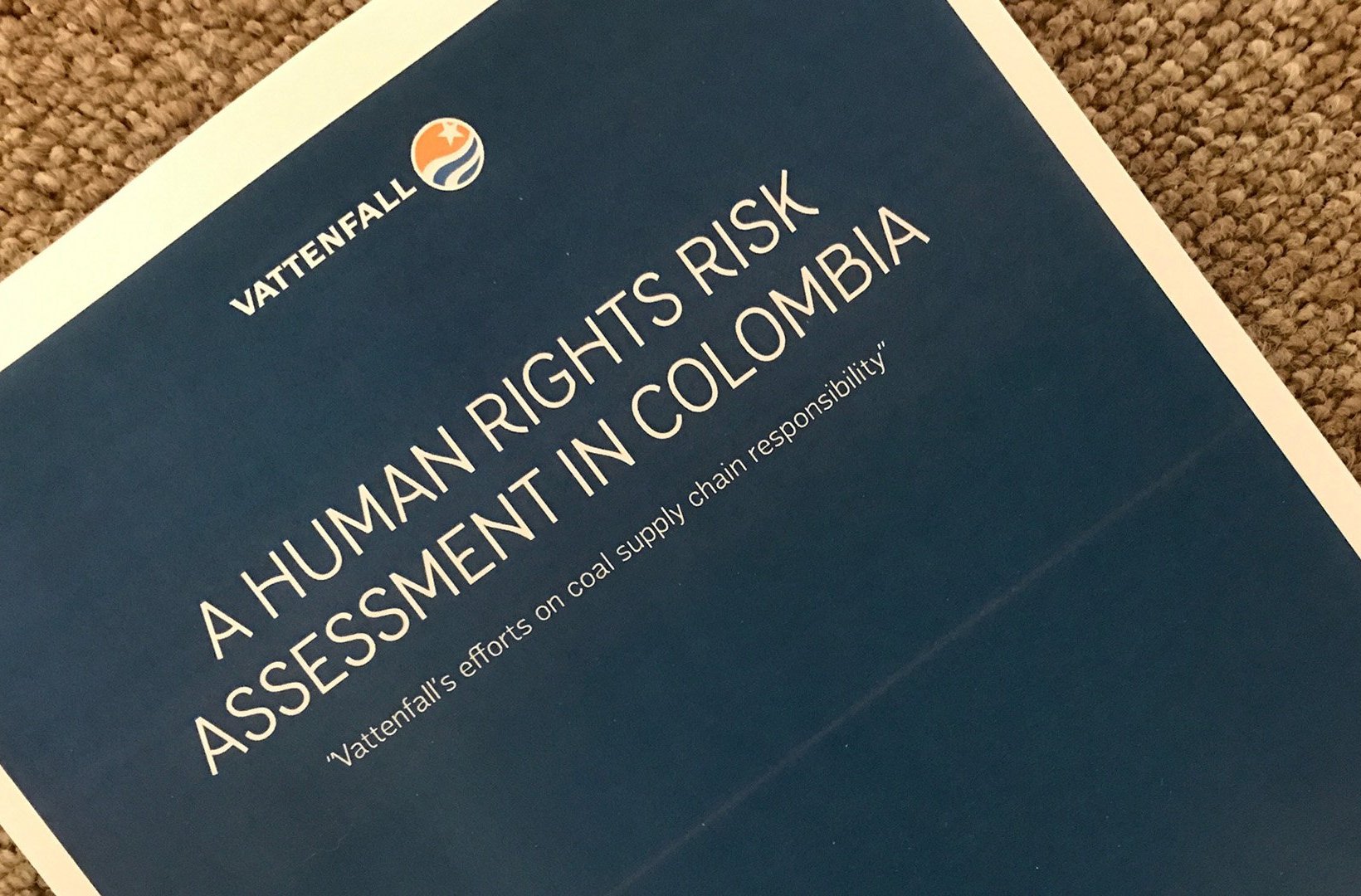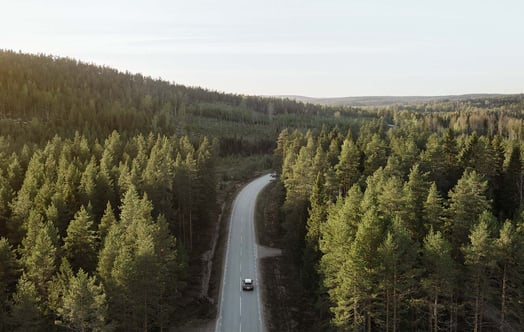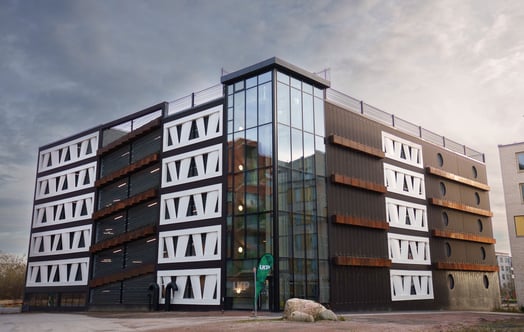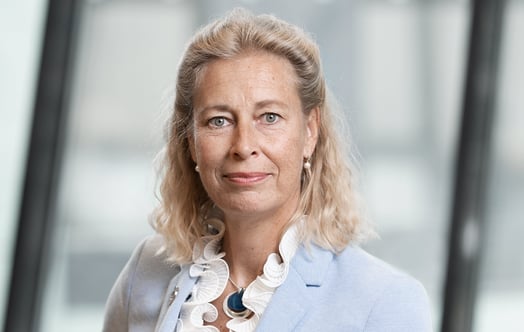In March 2017, Vattenfall conducted an on-site enhanced due diligence to identify possible human rights risks through our coal procurement activities in Colombia. Now, a report with recommendations has been published.
The main objective of the three-week visit in Colombia, conducted by two representatives from Vattenfall’s responsible sourcing and sustainability departments, was to identify possible adverse human rights risks in Vattenfall’s coal supply chain.
“Vattenfall is the first European utility to conduct such a risk analysis and many stakeholders, including several NGOs, have reacted positively on our action,” says Annika Ramsköld, head of Corporate Sustainability at Vattenfall. “Although we are fully aware of the complex and difficult political and social situation in Colombia, we believe in a process of engagement and continuous improvement where we want to build bridges between local stakeholders.”
More than 50 stakeholders interviewed
The extensive report (“A Human Rights Risk Assessment in Colombia”) is based on interviews with more than 50 stakeholders in Bogota and the regions of Cesar, la Guajira and Magdalena, among others government representatives, NGOs, labour unions, communities and mining companies.
“This work is an important step towards more engagement and cooperation with the mining companies in Colombia. We will naturally also discuss our report, findings and recommendations with the European initiative Bettercoal to continue working together towards a joint engagement approach on Colombia,” says Annika Ramsköld.
The report focuses on the four main human rights risks: Workers’ Rights (Occupational Health and Safety and Freedom of Association); Displacement and Land Restitution in the Internal Armed Conflict; Involuntary Resettlement; and Environment and Communities.
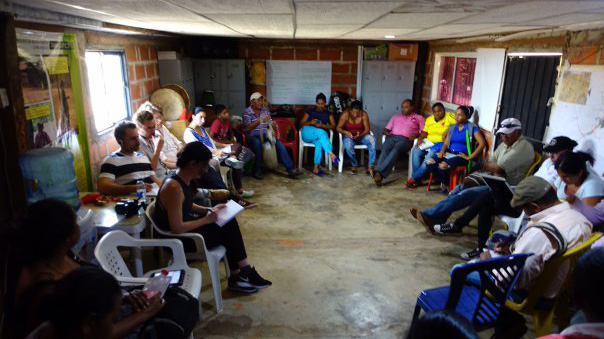
The extensive report (“A Human Rights Risk Assessment in Colombia”) is based on interviews with more than 50 stakeholders in Bogota and the regions of Cesar, la Guajira and Magdalena, among others government representatives, NGOs, labour unions, communities and mining companies.
The results will be followed up with mining companies
Based on the findings of the report, Vattenfall will follow up with individual mining companies with dedicated recommendations, discuss their current activities, projects and processes which already address our recommendations and seek to agree on an action plan for possible improvements.
“Our main responsibility in the coal supply chain lies with our current and potential suppliers and this report is therefore an important document for us in our continued dialogue with the mining companies,“ says Annika Ramsköld.
“We have noted that for most of the recommendations, the companies already are taking actions and have projects and processes in place which address these. Still, there are risks remaining and we aim to set up action plans together with the companies to work on those risks. Should we reach the conclusion that the company has not met an agreed action plan within reasonable time frames, we could seek to temporarily disengage until improvements are made,” says Annika Ramsköld.
Vattenfall will provide the consulted stakeholders with updates on activities and share these updates publicly on Vattenfall’s website.
To create more transparency in the coal supply chain, Vattenfall has started publishing a full list of direct coal suppliers to its plants:
Vattenfall’s hard coal procurement explained
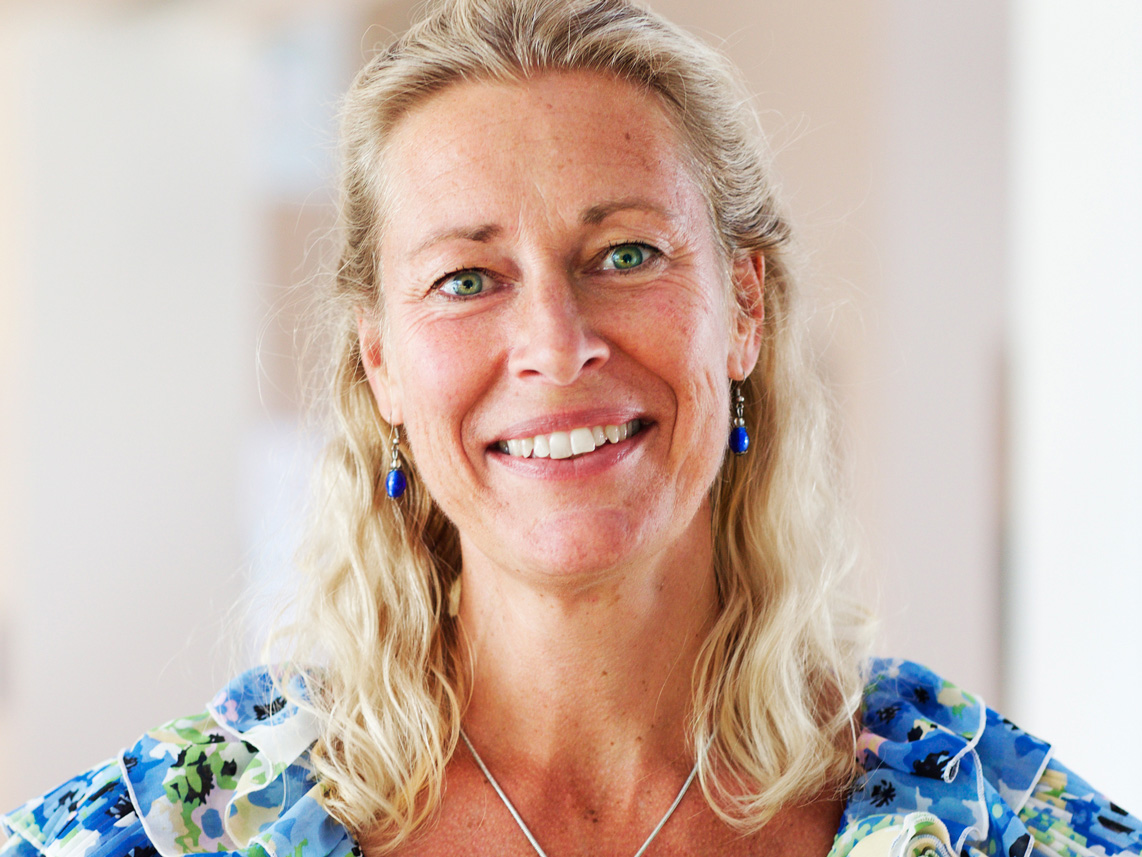
Annika Ramsköld, Head of Corporate Sustainability at Vattenfall.
Facts
In 2016, Vattenfall procured around seven million tonnes of hard coal on the global market for use in its power plants in Germany and the Netherlands.
Hard coal imported from Colombia accounted for 20.4% of Vattenfall’s total hard coal sourcing in 2016. The share of hard coal in Vattenfall’s electricity generation accounted for 14%, and in heat production 27%.
EU27 annually consumes around 238 million tonnes of hard coal.
Vattenfall’s hard coal procurement explained

